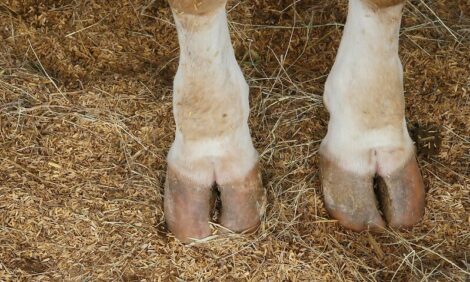



Law to boost soil health back on EU agenda
It would be the EU's first law to improve soil healthThe European Commission on Wednesday proposed what would be the EU's first law to improve soil health, aimed at curbing degradation caused by intensive farming and the worsening impact of climate change, reported Reuters.
The proposal, made as the European Union faces a political backlash against other green policies, follows an initial attempt by the Commission to introduce soil health legislation in 2006, which a minority of countries including Germany and France blocked.
The new plan - which leading food industry players Unilever, Nestle and Danone immediately criticised as unambitious - would require countries to track soil health against criteria including erosion and excessive fertiliser nutrient levels.
EU states would also need to identify sites where soils are contaminated with chemicals, and address those with health-harming risks. But the proposal would not oblige them to achieve minimum soil health levels.
The One Planet Business for Biodiversity, a coalition of companies including Unilever, Nestle and Danone, said the proposal was not ambitious enough.
"Despite the worrying state of EU soils and the solutions mentioned in the proposal, it fails to propose an ambitious framework for coordinated development of soil health at the European level," the group said in a statement.
The EU estimates at least 61% of the bloc's soil is unhealthy, driven by factors including degradation of peatlands and intensive fertiliser use.
Asked about the lack of binding targets, EU Environment Commissioner Virginijus Sinkevicius said the aim was to first establish a clearer picture of soil health and methods to manage it more sustainably.
"We have to see the political landscape, too, of what would be acceptable to member states, with what we can go ahead," he told Reuters in an interview.
Caroline Heinzel, a policy officer at the European Environmental Bureau coalition of campaign groups, said the proposal "falls short of expectations by not including legally binding targets or requiring mandatory plans."
Separately, the Commission also proposed binding targets for countries to cut food waste, and rules to make textile producers legally responsible for the cost of their waste - a move designed to drive investments in collecting, reusing and recycling old clothes and materials.



